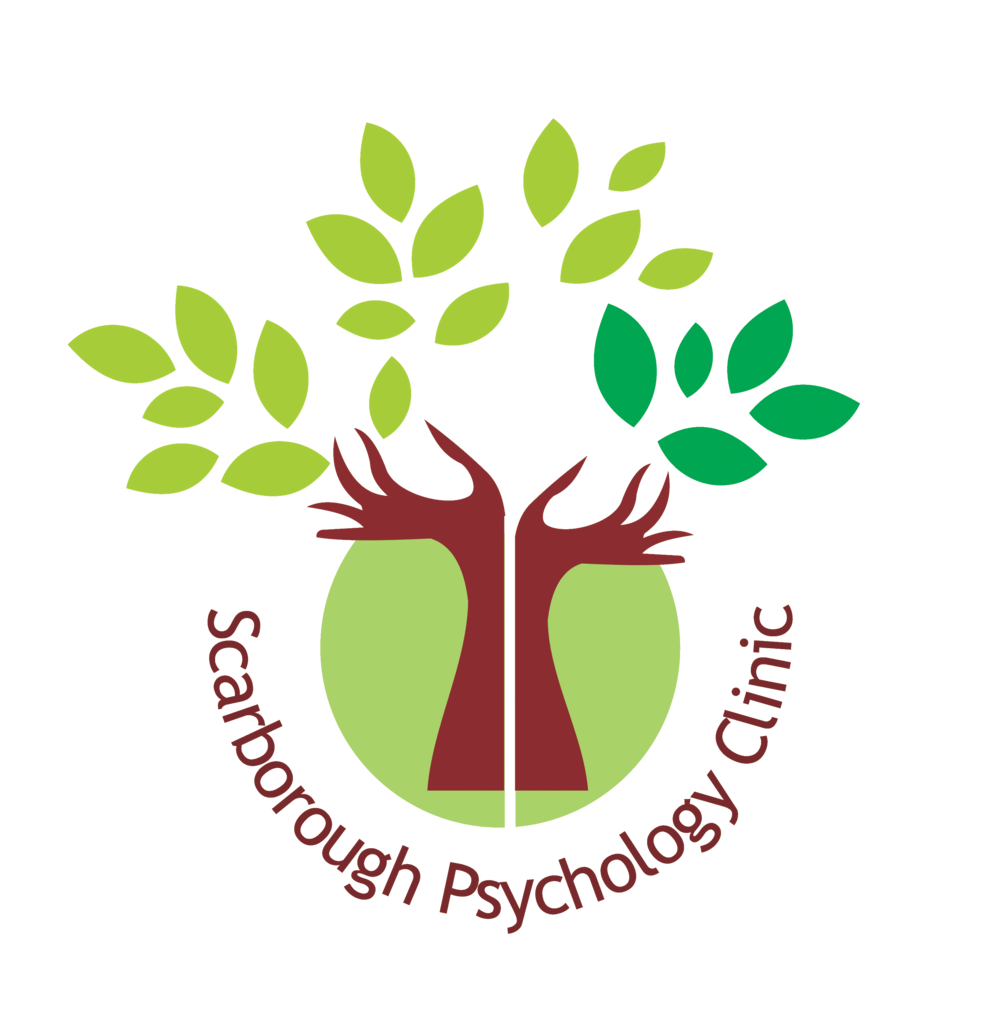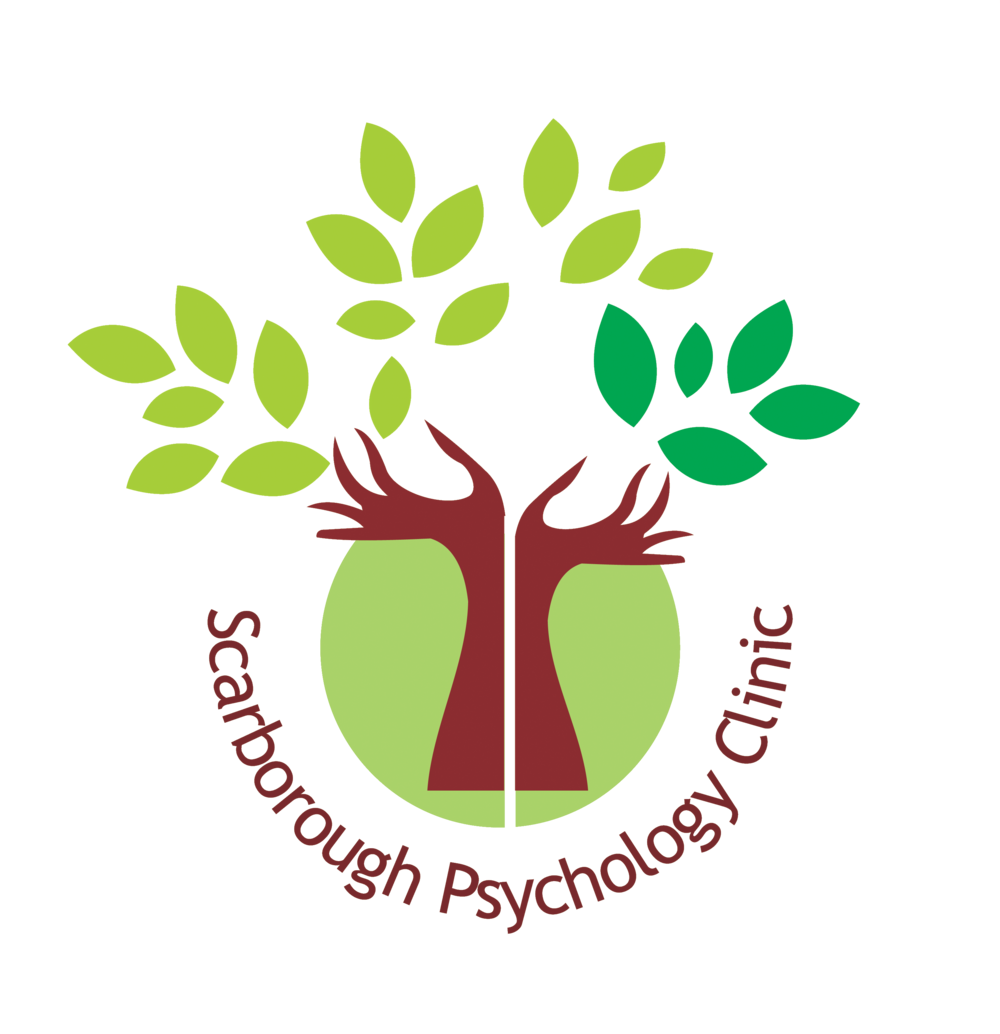“Would you like to break free from the shackles of self-limiting beliefs?”
 Do you struggle to experience feelings of happiness or pleasure?
Do you struggle to experience feelings of happiness or pleasure?
Have you been feeling persistently sad or hopeless?
Do you feel you lack motivation or interest in things?
Are you sleeping too little or too much?
Most of us experience occasional feelings of sadness or low mood. This is a normal part of our lives. Usually, these feelings are short-lived, and they gradually dissipate on their own. Depression occurs when these feelings persist for a longer period and begin to affect our daily lives. Many of us may not even realize when we may be feeling depressed. Depression can affect not only our mood but also our thoughts, motivation, energy level, appetite, sleep, concentration, and libido.
TYPES OF DEPRESSIVE DISORDERS:
- Major Depressive Disorder
- Persistent Depressive Disorder (Dysthymia)
MAJOR DEPRESSIVE DISORDER
Major Depressive Disorder is a severe form of depression that prevents us from functioning normally in our day-to-day lives. In this condition, we may experience depressed moods and/or loss of interest in things that we normally used to enjoy for at least two weeks. Some of the other symptoms of Major Depressive Disorder include:
- feelings of sadness, hopelessness, emptiness
- tearfulness
- loss of interest in people and/or activities
- increased or decreased appetite
- significant weight loss or weight gain
- insomnia or sleeping too much
- fatigue or loss of energy
- change in libido
- feelings of worthlessness and/or guilt
- difficulty with making a decision
- diminished ability to think or concentrate
- loss of motivation
- feeling agitated
- experiencing anger and/or irritability
- suicidal thoughts or attempts
PERSISTENT DEPRESSIVE DISORDER (DYSTHYMIA)
Dysthymia is a milder but more chronic form of depression. The symptoms of Dysthymia are the same as the symptoms noted for Major Depressive Disorder. However, the duration for these symptoms is longer, for at least two years. We may experience all or a few of these symptoms.
Dysthymia symptoms may be of less severity, but these symptoms may still interfere with our functioning and well-being. These symptoms can become part of our day-to-day experience and we may feel unhappy or miserable all the time. With Dysthymia, it is also possible that we may sometimes experience episodes of Major Depressive Disorder.
THERAPY FOR DEPRESSION:
We may experience these symptoms on and off and in episodes. It is important that we seek treatment if any of these symptoms recur because Depression is a treatable condition. Cognitive Behaviour Therapy (CBT) is an effective depression treatment. CBT is an evidence-based psychotherapeutic treatment where a client and a therapist work collaboratively to understand problems in terms of the relationship between one’s thoughts, feelings, and behaviors. Other treatment approaches also include Mindfulness-Based Cognitive Therapy and Clinical Hypnosis.
Are you looking for a psychologist or psychotherapist for depression in Scarborough? Book an appointment with our qualified clinicians today, and take the first step towards a brighter, healthier future.

